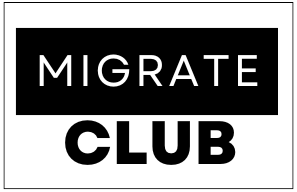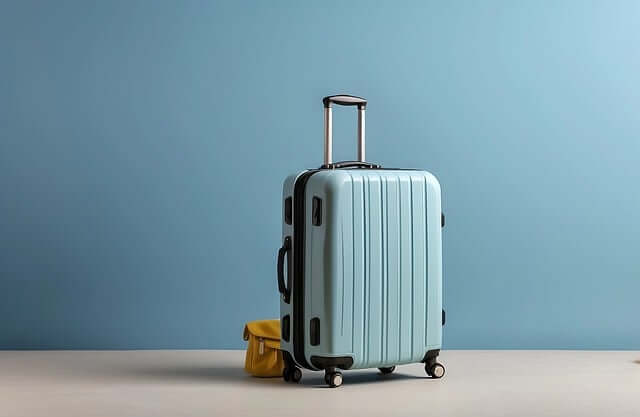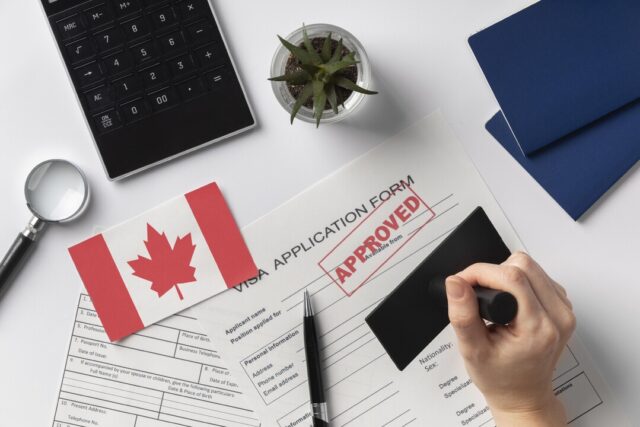Upon approval of your Express Entry application, you will receive a Confirmation of Permanent Residence (COPR) and, if necessary, a Permanent Resident (PR) visa. The COPR includes your personal information and a photograph, which must match your passport details.
If you notice any discrepancies, report them immediately via your online account. The COPR has an expiration date and cannot be extended, so ensure you use it before it expires.
If You’re Already in Canada
- Keep Your Information Updated: Use the web form provided by Immigration, Refugees, and Citizenship Canada (IRCC) to update your contact information. Report any changes in your family situation, such as marriage or birth.
- Confirmation of PR Status: PR status is typically confirmed online without an in-person interview. Wait for instructions sent to your provided email or phone number before taking any action.
- Email Notifications: You will receive emails from an address ending in cic.gc.ca, asking you to confirm your email, physical presence in Canada, and providing information about the Permanent Residence Portal. Follow these instructions and do not create your own account. Notify IRCC if you leave Canada before your PR status is granted.
Permanent Resident Cards
- Electronic COPR: After becoming a permanent resident, an electronic COPR (e-COPR) will be available in the portal as proof of status.
- Photo Submission: Submit a photo to start the process of issuing your first PR card.
- Using e-COPR: While waiting for your PR card, use the e-COPR to prove your status and apply for government benefits, such as a social insurance number.
If You’re Outside Canada
- Before Arrival:
- Preparation: Use free pre-arrival services to prepare for life in Canada. These services help with living and working in Canada and obtaining recognition for your education and professional licenses.
- Learn About Canada: Research living and finding work in Canada before your move.
- Upon Arrival:
- Required Documents: Bring your valid passport or travel documents, COPR, PR visa, and proof of funds to support yourself and your family. Your passport should be a regular, private citizen passport.
- Border Entry: A Canada Border Services Agency (CBSA) officer will verify your entry before your COPR expires, confirm your identity possibly using biometrics, check your documents, and ask eligibility questions. Keep all documents with you, not in your luggage.
- Entry Conditions: You will not be allowed entry if you provide false or incomplete information or fail to meet entry conditions. If admissible, the officer will confirm your Canadian mailing address for sending your PR card. Report any address changes within 180 days using the web form.
- Disclosure of Funds: Declare to the CBSA officer if you are entering Canada with CAN$10,000 or more to avoid fines or seizure of funds.
This guide ensures that you stay informed and prepared at each step of your transition to becoming a permanent resident of Canada.

























